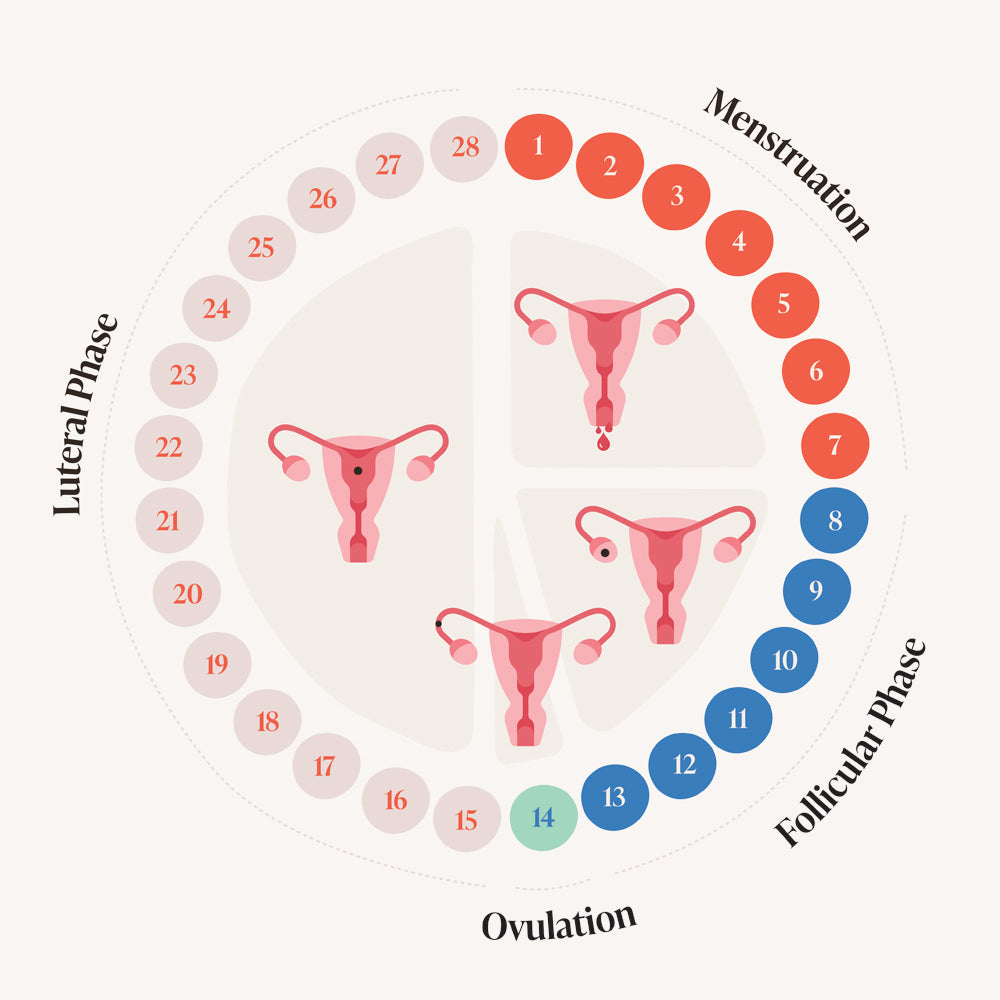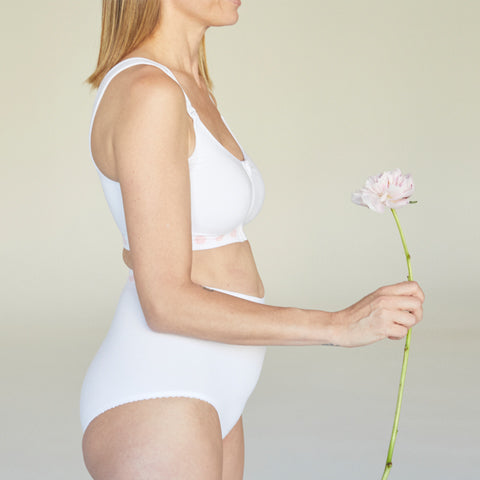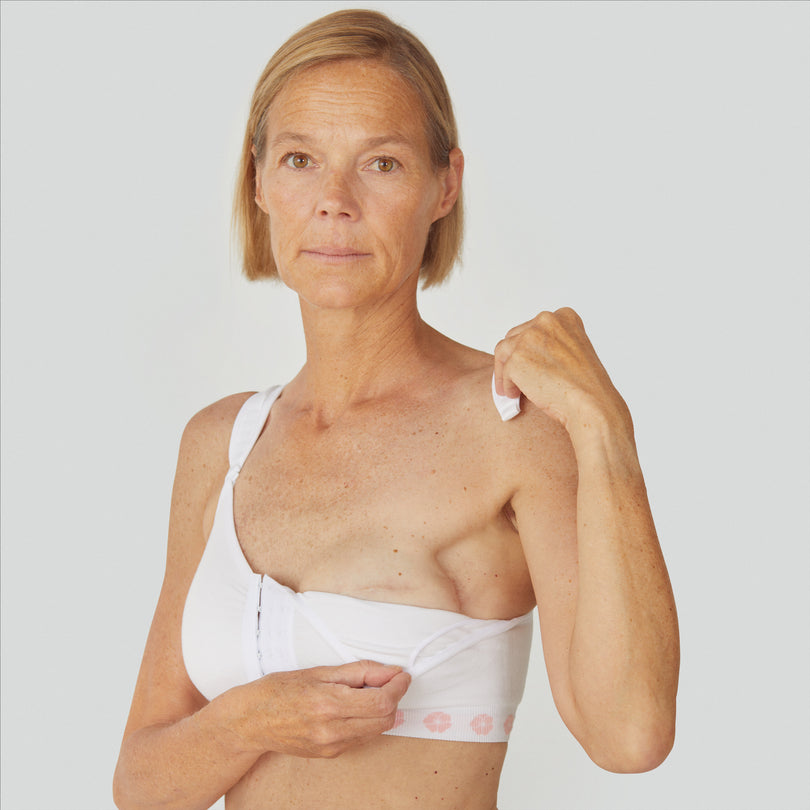Most girls and women bleed monthly. Typically for between 3-7 days.
Females menstruate for approximately 40 years of their lives and periods can start in girls as young as 10 years old, the average woman menstruates from age 13 until age 51,
about once a month.
All in all, this equals 456 periods over a span of 38 years,
which amounts to roughly 6.25 years or 2,280 days of your life spent bleeding.

Menstrual Cycle
The typical menstrual cycle is the monthly series of
changes the body goes through to prepare for
pregnancy. Each month, one of the ovaries releases
an egg. This is called ovulation.
Hormonal changes at this time get the uterus ready
for pregnancy. If the released egg isn’t fertilized
during ovulation, the lining of the uterus
sheds through the vagina.
This is a menstrual period.
Tracking your cycle
To find out what’s typical for you, start keeping
a record of your menstrual cycle on a calendar.
Begin by tracking your start date every month for
several months in a row to identify the regularity of
your periods.
Source: Mayo Cinic
What causes menstrual cycle irregularities?
Menstrual cycle irregularities can have many different causes, including:
•Eating disorders, extreme weight loss or
too much exercising.
Eating disorders — such as anorexia nervosa
— extreme weight loss and higher physical
activity can interrupt your period.
•Uterine fi broids.
Uterine fi broids are growths in the uterus
that are not cancer. They can cause heavy
and prolonged menstrual periods.
•Premature ovarian failure.
Premature ovarian failure refers to the loss
of typical ovarian function before age 40.
People who have this condition, also known
as primary ovarian insuffi ciency, might have
irregular or occasional periods for years.
•Pregnancy or breast-feeding.
A missed period can be an early symptom of pregnancy. Breast-feeding typically delays
the return of your period after pregnancy.
•Pelvic inflammatory disease (PID).
This infection of the reproductive organscan cause irregular menstrual bleeding.
•Polycystic ovary syndrome (PCOS).
People with this common disorder may have irregular periods. They also can have enlarged ovaries that contain small collections of fluid — called follicles — located in each ovary. These follicles can be seen during an ultrasound exam. People who have PCOS often have more follicles in the ovaries than other people.
What can I do to prevent irregularities?
Sometimes, birth control pills can help make an irregular menstrual cycle more regular. Birth control devices that contain progestin can make periods less heavy and ease cramping. Treatment for any problems that may cause these irregularities, such as an eating disorder, also might help. However, some menstrual irregularities can’t be prevented. In addition, talk with your health care provider if:
• Your periods suddenly stop for more than 90 days — and you’re not pregnant.
• Your periods become irregular after having been regular.
• You bleed for more than seven days.
• You bleed more heavily than usual or soak through more than one pad
or tampon every hour or two.
• Your periods are less than 21 days or more than 35 days apart.
• You bleed between periods.
Source https://www.mayoclinic.org/healthy-lifestyle/womens-health/in-depth/menstrual-cycle/art-20047186















